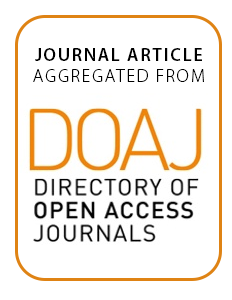Resource information
The purpose of this study is to introduce tourism, externalities, and public goods to a small-open growth with endogenous wealth and public goods supply. We develop the model on the basis of the Solow-Uzawa growth model, the neoclassical neoclassical growth theory with externalities, and ideas from tourism economics. The economy consists of three – service, industrial, and public - sectors. The production side is based on the traditional growth theories, while the household behavior is described by an alternative utility function proposed by Zhang. We introduce endogenous land distribution between housing and supply of services. The industrial and service sectors are perfectly competitive subject to the government’s taxation. The public sector is financially supported by the government. We introduce taxes not only on producers, but also on consumers’ incomes from wage, land, and interest of wealth, consumption of goods and services, and housing. We simulate the motion of the national economy and show the existence of a unique stable equilibrium. We carry out comparative dynamic analysis with regard to the rate of interest in the global market, the total productivity of the service sector, tax rate on the service sector, tax rate on consumption of services, human capital, the propensity to consume services, and the impact of public services on the productivity of the industrial sector. The comparative dynamic analysis provides some important insights into the complexity of open economies with endogenous wealth, public goods, and externalities.


